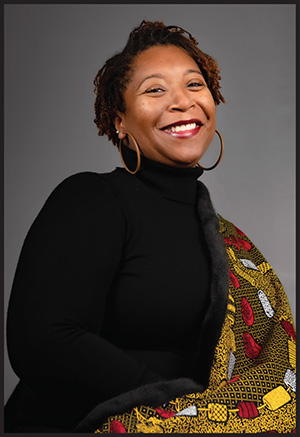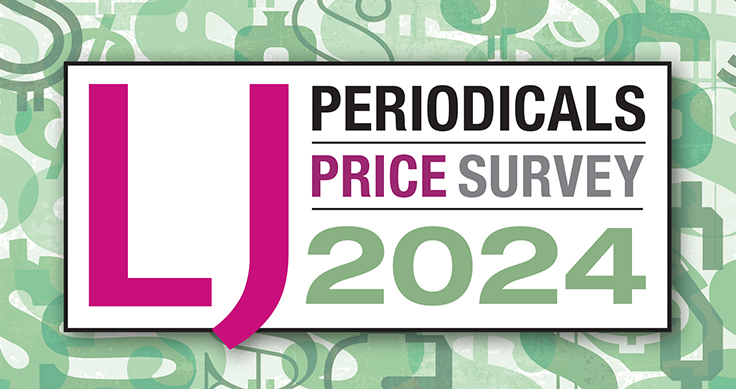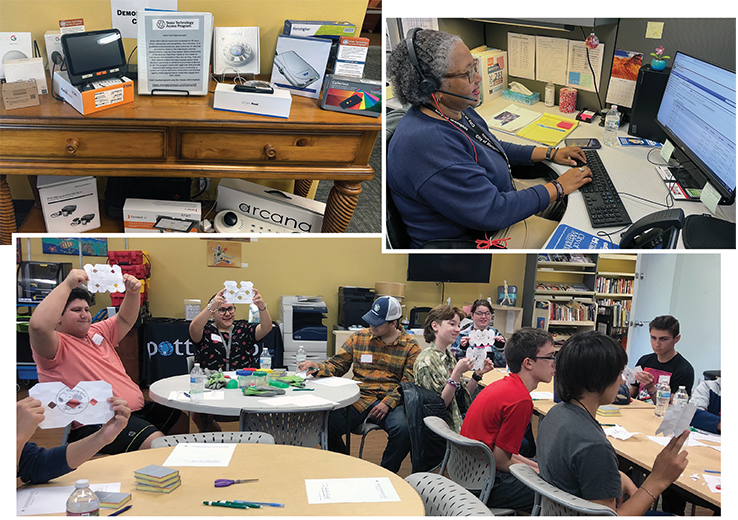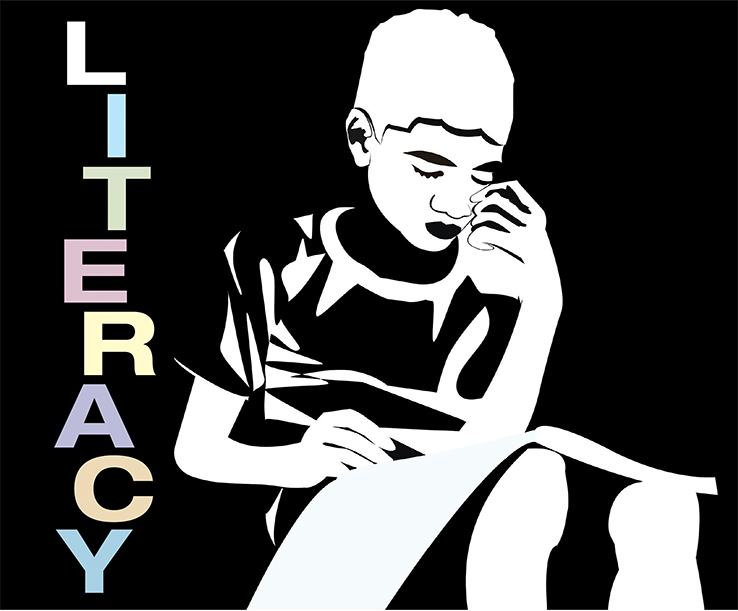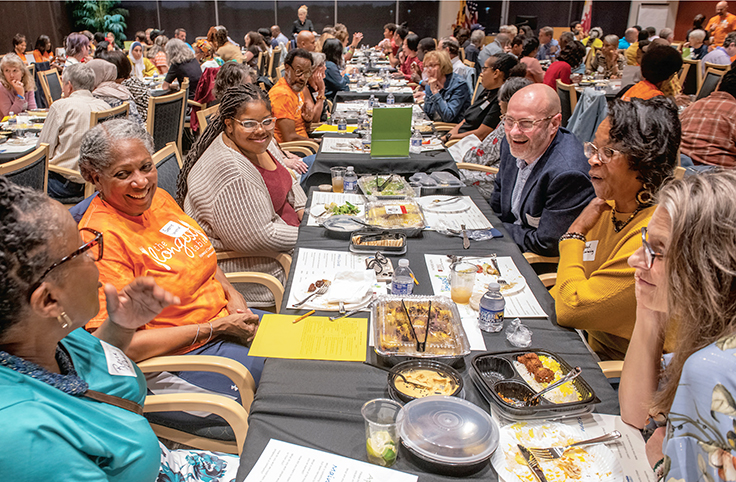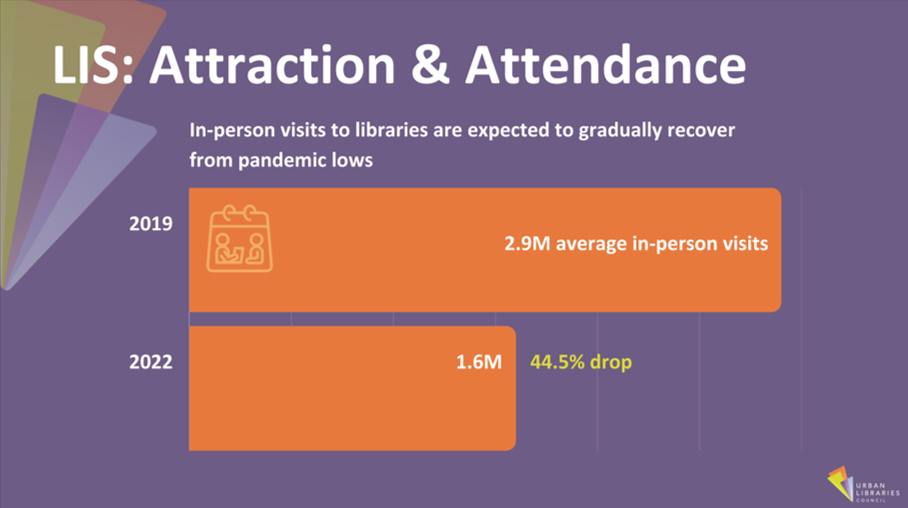News
On July 16, Ithaka S+R released a new report, “Exploring Basic Needs Support Across Public and Community College Libraries,” as the first phase of its Maximizing Public-Academic Library Partnerships project. The report, authored by Senior Analyst Sindy Lopez, Analyst Sage Love, and Researcher Melissa Blankstein, surveys basic needs services promoted on public and community college library websites to see where that information differs, overlaps, and could potentially be expanded as partnerships.
When she was in college, Dr. Shamella Cromartie had a job at a public library where leadership and others were Black, which encouraged her to pursue a career in the field. “It’s important to see people that look like you in these positions so that you know that you can do it, too,” she says.
Many librarians lauded the development of Open Access (OA) publishing models, which offered, at least initially, to help solve the problem of an unsustainable and inequitable scholarly communications ecosystem while simultaneously addressing a growing interest in diversity, equity, and inclusion (DEI). In the past year, the idea that, with appropriate guardrails, Artificial Intelligence (AI) can also play a role in changing scholarly communications has risen to the fore. But can OA, DEI, and AI ever live up to their promise of an affordable, equitable and sustainable publishing ecosystem?
Libraries are incorporating collaboration, creativity, and a steadfast commitment to create accessible and inclusive spaces. Also, LJ looks at EBSCO's academic ebook accessibility findings.
As the 2024 election year heats up, positive framing will be increasingly important for libraries. I’m certainly guilty of falling into a “doom loop” of negativity when I think about what the future might hold for libraries—or even democracy itself. But we cannot be our smartest, most strategic selves if we focus only on negating anti-library rhetoric. We need to advance a positive pro-library narrative—one that is grounded in the history of our good work—to unite us as advocates and connect with voters across the spectrum.
When politics come for literacy, how do libraries ensure it’s the kids who win? Public libraries have a critical role to play.
When the Centers for Disease Control and Prevention (CDC) officially declared an end to the COVID-19 public health emergency in May 2023, many libraries reported a transition back to what felt like pre-pandemic days, with children joyfully attending story times and crowds reconvening to hear their favorite authors. Yet, just as we breathed a collective sigh of relief at the formal end of one emergency, United States Surgeon General Dr. Vivek Murthy issued a new advisory warning of a pernicious health risk: loneliness.
Urban Libraries Council contrasts pre-pandemic data with 2022 library stats to reveal growth in digital resource use and slow returns to in-person visits.
If you're seeing this, chances are you’re someone who identifies as a reader. And, as a reader, you may be shocked to discover that there are many American adults who just aren’t.
ALREADY A SUBSCRIBER? LOG IN
We are currently offering this content for free. Sign up now to activate your personal profile, where you can save articles for future viewing

